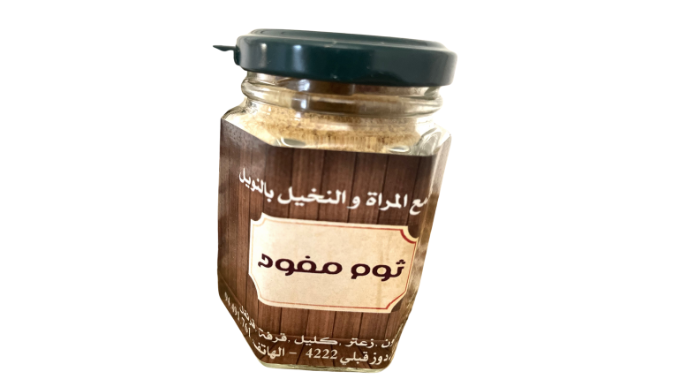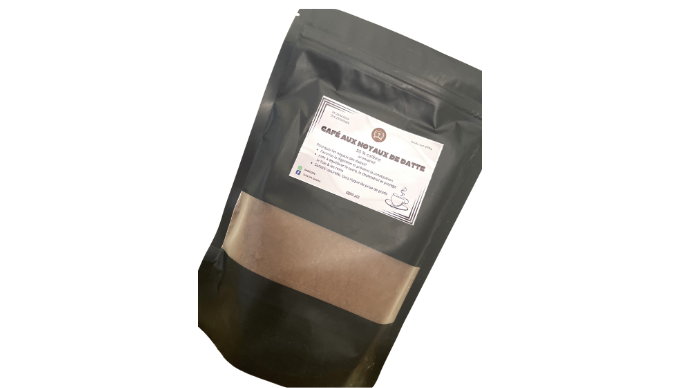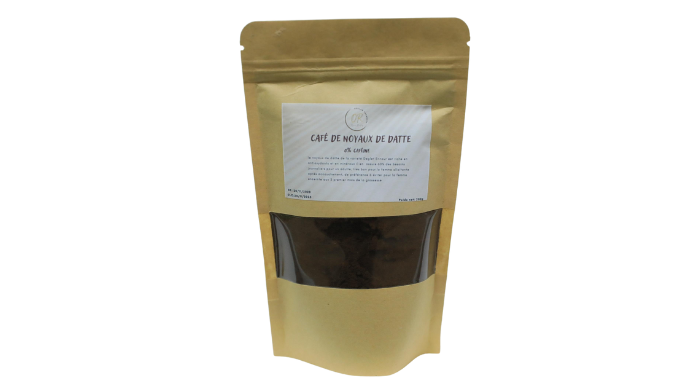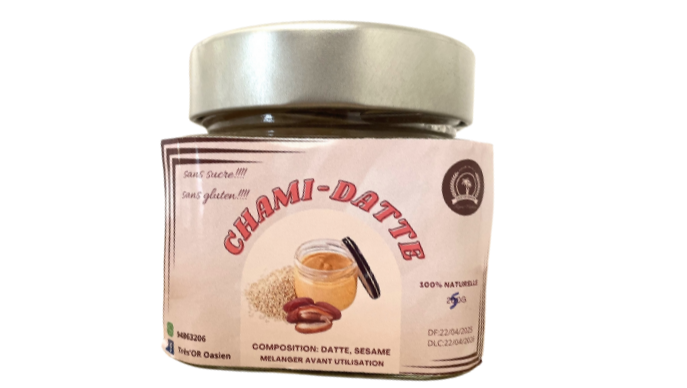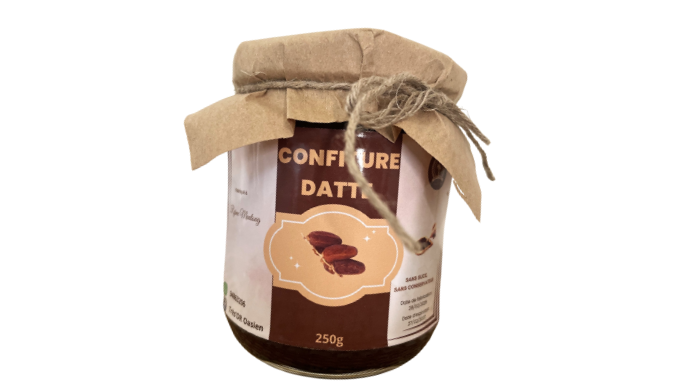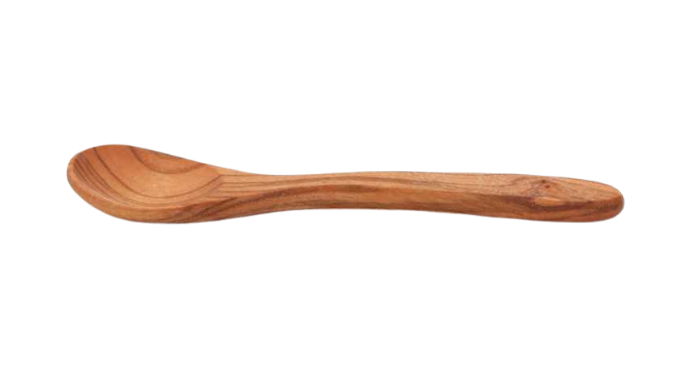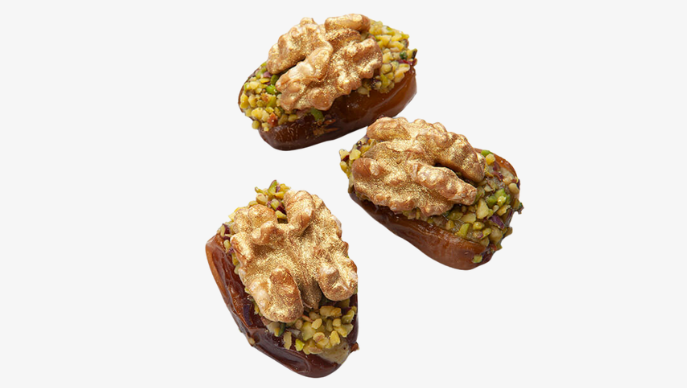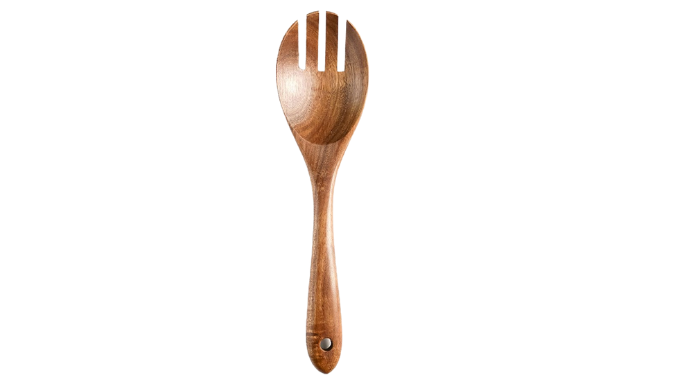Date
- Origin: Kebili dates come from the Kebili region in Tunisia, renowned for cultivating high-quality dates.
- Varieties: Several varieties of dates are grown in Kebili, including Deglet Nour, Allig, and Ghars.
- Appearance: Kebili dates are typically light to dark brown in color, with a smooth and slightly wrinkled skin.
- Texture: They have a tender and juicy texture, with firm yet melting flesh.
- Taste: Kebili dates are appreciated for their sweet and delicately perfumed taste, with hints of honey and caramel.
- Size and Shape: They can vary in size and shape depending on the variety but are generally medium to large-sized and have an oblong or oval shape.
- Nutrients: Dates are rich in natural carbohydrates, dietary fiber, minerals such as potassium and magnesium, as well as vitamins B and K.
- Uses: Kebili dates are consumed fresh as a healthy snack but are also used in many culinary recipes, from sweet dishes to savory ones, as well as in the production of confectionery and desserts.
- Storage Conditions: To maintain their freshness and flavor, Kebili dates should be stored in a cool, dry place, preferably in an airtight container.
- Availability: Kebili dates are generally available year-round, but their main harvesting season typically falls between September and November.
